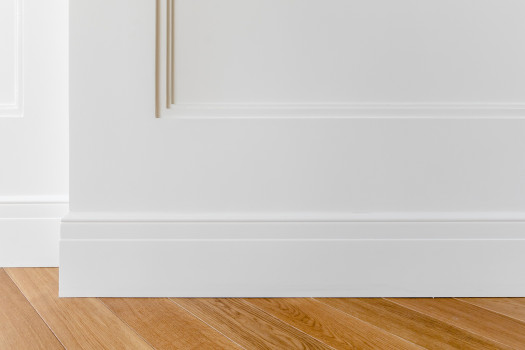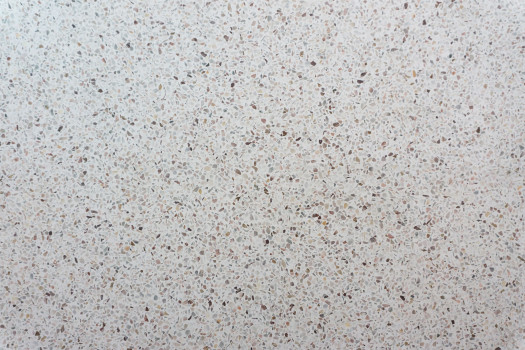Exploring the Beauty and Durability of Porcelain Tile Flooring



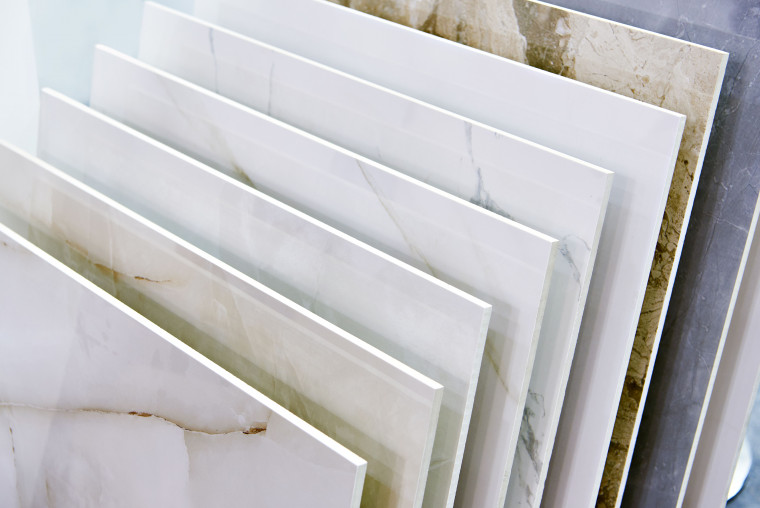
When it comes to flooring options, porcelain tile has gained immense popularity due to its exceptional beauty, durability, and versatility. Whether you're renovating your home or designing a new space, porcelain tile flooring offers a wide range of benefits that make it a preferred choice among homeowners. In this blog, we'll dive into the world of porcelain tile flooring, discussing its features, advantages, potential drawbacks, maintenance needs, and cost considerations.
What is Porcelain Tile Flooring?
Porcelain tile is a type of ceramic tile made from fine-grained clay fired at high temperatures. It is known for its dense and durable composition, which results in a highly resistant and low-maintenance flooring option. The manufacturing process involves pressing the clay into shape and firing it at extremely high temperatures, making the tile hard, non-porous, and resistant to wear and tear.
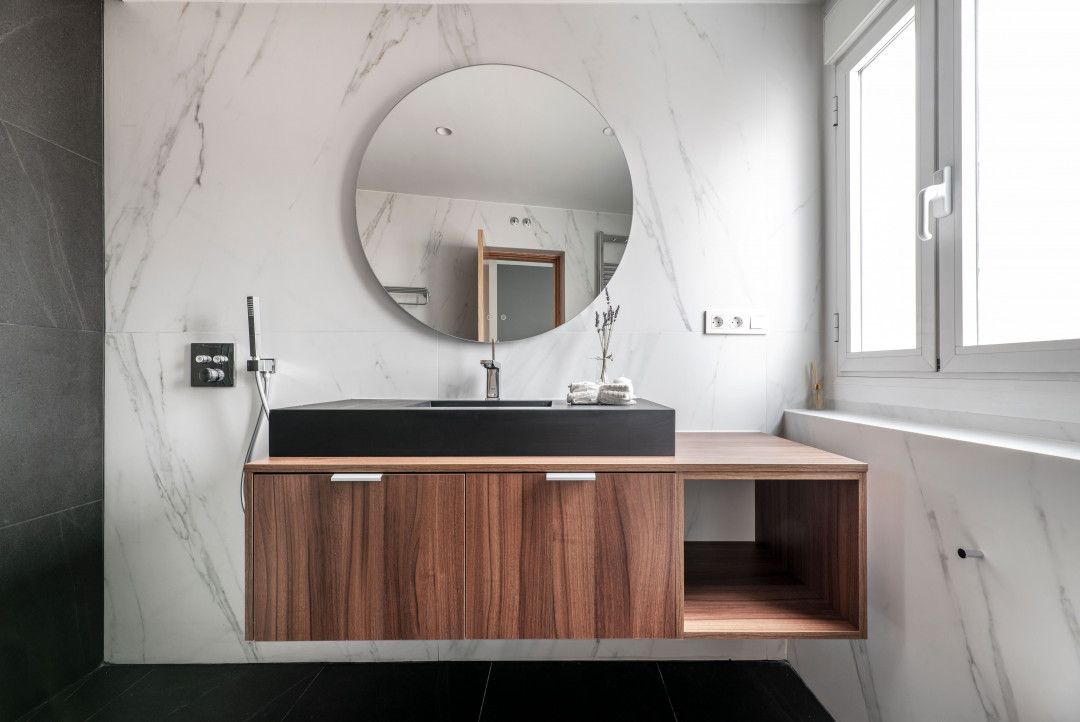
Why Choose Porcelain Tiles?
There are several compelling reasons to choose porcelain tiles for your flooring needs. Firstly, porcelain tiles come in a vast array of designs, patterns, and colours, allowing you to achieve any desired aesthetic, from contemporary to classic. They can mimic the look of natural stone, wood, or even concrete, providing the versatility to match any interior design style.
What Can Damage Porcelain Tile?
While porcelain tiles are highly durable, certain factors can potentially damage them. Heavy impacts or sharp blows from heavy objects can cause chipping or cracking. It is advisable to use furniture pads or felt protectors to avoid scratching the surface. Additionally, harsh chemicals and abrasive cleaners should be avoided, as they can damage the tile glaze over time.
Pros and Cons of Porcelain Tile:
Pros:
• Exceptional durability and longevity
• Wide variety of styles, patterns, and colours
• Resistance to stains, scratches, and moisture
• Low maintenance and easy to clean
• Suitable for indoor and outdoor applications
• Can enhance property value
Cons:
• Higher initial cost compared to other flooring options
• Can be cold and hard underfoot (use of area rugs can mitigate this)
• Installation may require professional expertise
• Large-format tiles may require extra care during installation
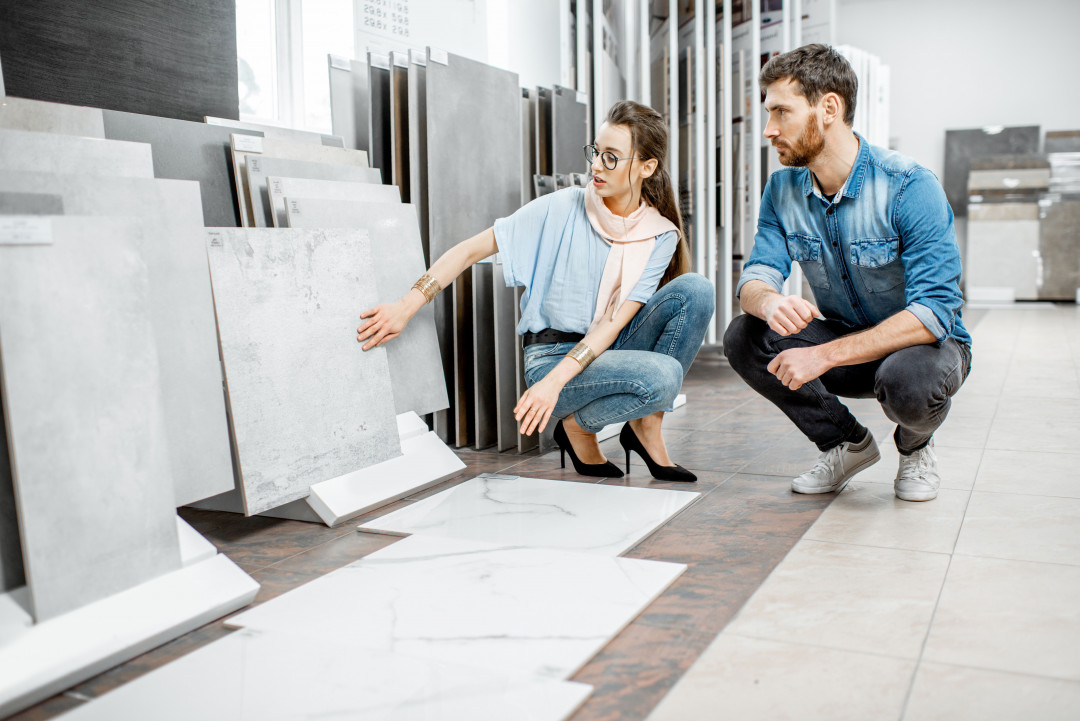
The lifespan of Porcelain Tiles:
One of the significant advantages of porcelain tiles is their longevity. When properly installed and maintained, porcelain tiles can last for several decades. Unlike other flooring materials that may wear down or fade over time, porcelain tiles retain their original appearance and quality even with heavy use.
Costs of Porcelain Tiles:
While porcelain tiles may have a higher upfront cost compared to other flooring materials, their long-term durability and low maintenance needs make them a cost-effective choice. The price of porcelain tiles can vary depending on factors such as size, design, and brand. It is advisable to consult with local suppliers. Graystone Tiles has a great selection of porcelain tiles that are suitable for your upcoming project including the Tundra Grey Marble Honed and Colour-Art Wood Look.
In conclusion, design professionals should consider incorporating porcelain tiles in their projects due to their versatility in design, durability, a wide range of applications, hygiene benefits, sustainability, and value enhancement. By leveraging the qualities of porcelain tiles, design professionals can create visually stunning, functional, and long-lasting spaces that meet their client's requirements and stand the test of time




 Indonesia
Indonesia
 New Zealand
New Zealand
 Philippines
Philippines
 Hongkong
Hongkong
 Singapore
Singapore
 Malaysia
Malaysia


